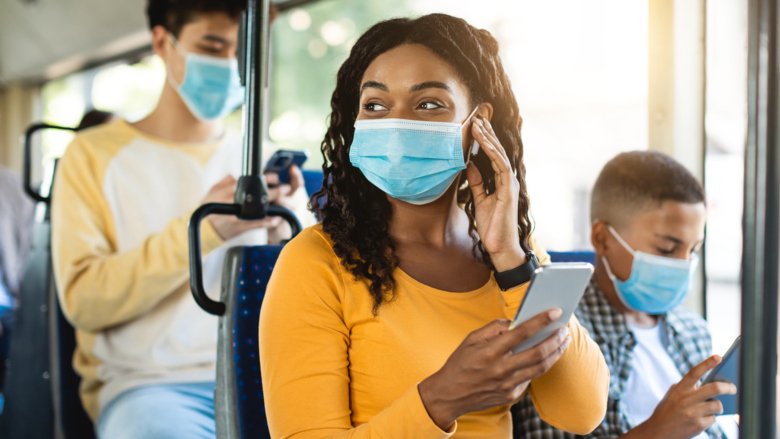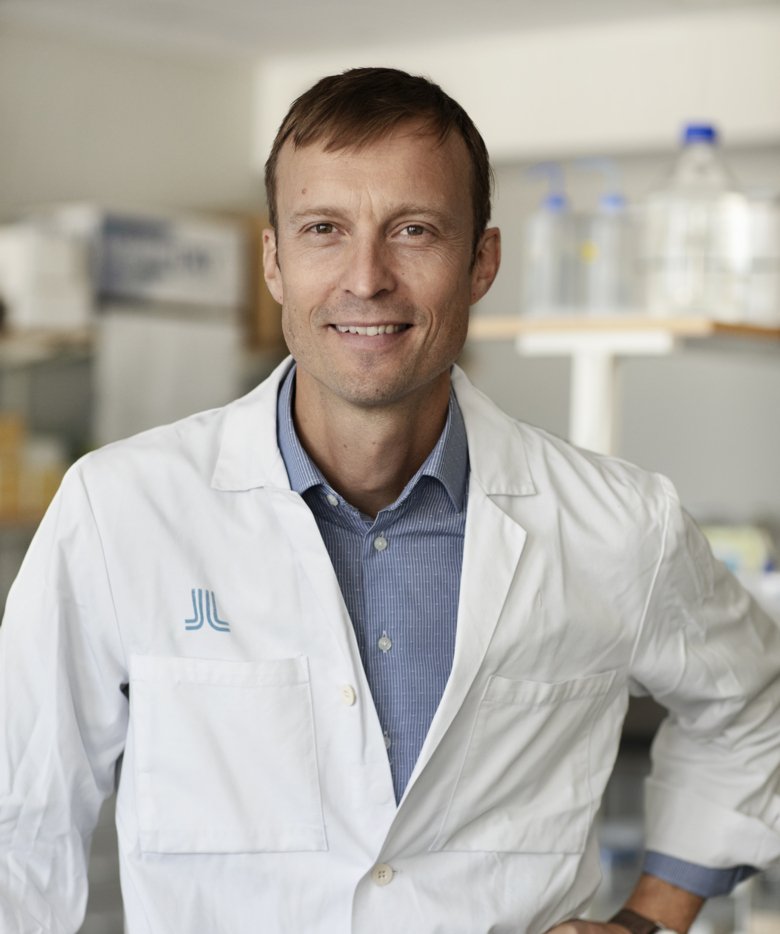Research Council grant for research on antimicrobial resistance and the societal impact of the pandemic

In its recent call, the Swedish Research Council has awarded in excess of SEK 19 million for six projects at KI. The project receiving the largest grant aims to study the long-term impact of the pandemic on the lifestyle and health of young adults.
“After the pandemic: immunity and post-COVID symptoms in young adults”, a project led by Erik Melén from the Department of Clinical Research and Education at Söder (Stockholm South General) Hospital, has been allocated a grant of over SEK five million. The project is based on the longitudinal BAMSE study, which followed 4,000 individuals from birth to adulthood.

“The grant will enable us to grow the collaboration we have with Region Stockholm, the Royal Institute of Technology and SciLifeLab, and we’ll also be able to tap the full potential of our large BAMSE study – from genetics and mechanisms to young adult health and the effects of the pandemic on individual, group and societal levels,” he says.
The research group will now be able to follow up how the study participants feel now that the pandemic has subsided and link their responses to biomarkers from blood tests that the participants take at home.
“A study design like this also has enormous potential in other large studies, since the participants can take their blood samples at home and send them in to the lab for analysis by post, instead of having to travel to a phlebotomy centre,” explains Professor Melén. “This makes it possible to monitor disease activity and infection spread, for example, or to measure levels of a drug in the blood.”
Project grant for international collaborations on antimicrobial resistance
Shilpa Ray at the Department of Laboratory Medicine receives SEK 5 000 000 in project grants for the project with the Swedish title ”Identifiering av ett nytt icke-antibiotiska bakteriedödande medel för att bekämpa antimikrobiell resistens”.
Cecilia Stålsby Lundborg at the Department of Global Public Health receives SEK 1 200 000 in project grants for the project with the Swedish title ”Design och implementering av silverbaserade nanopartiklar för att bekämpa antibiotikaresistens”.
Project grant for research on pandemics and their impact on society and public health
Anna Mia Ekström at the Department of Global Public Health receives SEK 3 000 000 in project grants for the project with the Swedish title ”Pandemirestriktioners påverkan på tonårsflickors och unga kvinnors reproduktiva hälsa i Uganda - Lärdomar för bättre global beredskap vid framtida pandemier (GIRLS)”.
Erika Laukka at the Department of Neurobiology, Care Sciences and Society receives SEK 2 400 000 in project grants for the project with the Swedish title ”Långsiktig uppföljning av individer med långvariga nedsättningar i kognitiv funktion efter mild Covid-19”.
Erik Melén at the Department of Clinical Science and Education, Södersjukhuset receives SEK 5 100 000 in project grants for the project with the Swedish title ”Efter pandemin; immunitet och postcovid-symptom hos unga vuxna”.
Giorgio Tettamanti at the Institute of Envorinmental Medicine receives SEK 2 400 000 in project grants for the project with the Swedish title ”COVID-19 och barncancer”.
